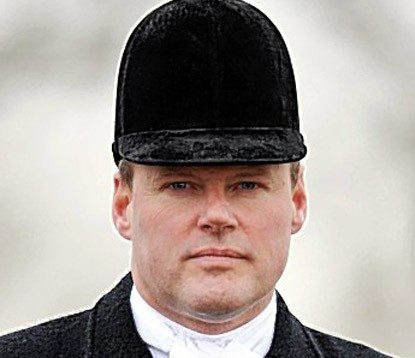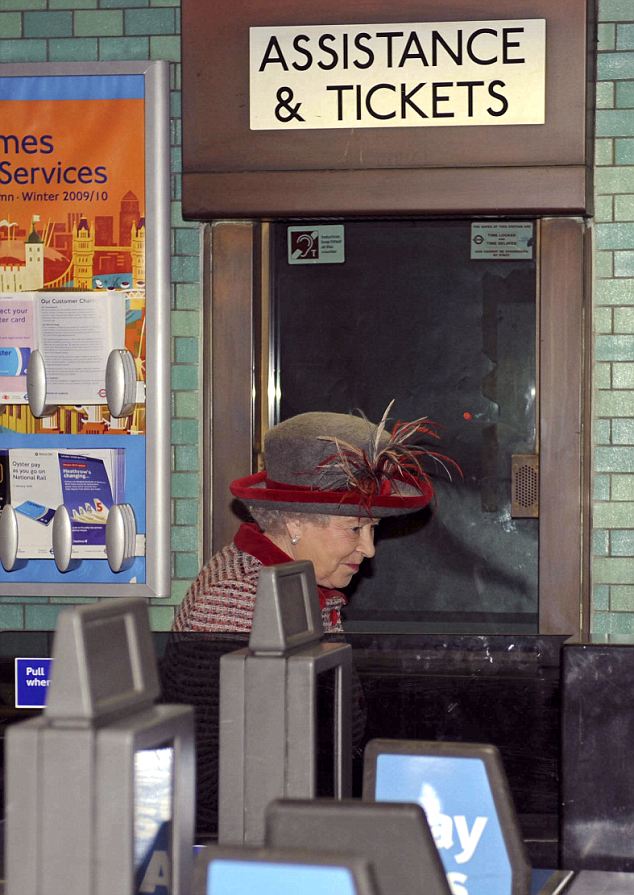
It seems that I’m having a long whinge and rant all week, but I’m trying not to.
What I’m really trying to do is to get some answers to this crisis of confidence in the banks and, consequently, the banking system. This is nothing to do with the credit crisis, but the response of the banks to the credit crisis, which is to trash all trust and confidence in their ethics and approach.
This is why there is this non-stop bleating about bonuses and interest rates. The banks justify this behaviour on the basis of all the other kids on the block are doing it so, if we didn’t, we would just get beaten up in the banking playground by the bonus bullies. This is what Stephen Hester said today:
Mr Hester warned “that employees are leaving because it was offering lower bonuses than City rivals. He also said that profits at the bank, which is 84 per cent owned by the taxpayer, would have been about £1 billion higher if it had managed to stop staff leaving. The bank said it had ‘paid the minimum necessary to retain and motivate staff who are critical to the recovery of RBS’.”
Trouble is, this doesn’t cut the mustard.
MPs warned that the public would be astonished that the bank was paying £1.3 billion in bonuses given that it today reported a £3.6 billion loss for last year.
“Vince Cable, the Liberal Democrat Treasury spokesman, said: ‘Stephen Hester is trying to justify the unjustifiable. Most bankers owe their jobs to the taxpayer. His comments will just reinforce the view of bankers in many people's minds as greedy and selfish.’
“Shadow chancellor George Osborne echoed the views of Mervyn King, the Governor of the Bank of England, by telling BBC radio: ‘I do think the level of payment in the banking sector has got completely out of kilter with the rest of society. It is totally disproportionate to what doctors are paid, people working in industry are paid, teachers are paid and the like. We need to bring down pay across the sector — not just in one bank, across the sector — and things like a bank tax, internationally agreed, might help do that.’”
Oh yes, and I love the photograph the Evening Standard chose to run with that report.

Hmmm ... Hester, the fox killing, horse and hound man.
Nice.
Meanwhile, in the same paper, Chris Blackhurst writes about how we've blown our chances to rein in the banks:
“We somehow think that the bankers will take it upon themselves to lie down on the steps of St Paul's and seek forgiveness — and reform their ways and slash their incomes. They won't. They're human. Yes, they're pariahs, but they will carry on taking the money until they're forced to stop, until the authorities say bank licences will be relinquished if bonuses are paid.”
But none of these arguments raging in the media address the real issue here.
The real issue is not bonuses, profits, lending or interest rates.
The real issue is a lack of internal market leadership within the banking industry.
Nothing to do with regulators, politicians or press. The most significant failure has been the inability for the industry to act as a cohesive hole (sic: whole) to respond to the issues arising under their watch.
Instead we act as a fragmented group of a thousand voices.
Individual voices stand up and are counted, and some count more than others such as the Jamie Dimon’s, John Varley’s and Stephen Green’s. But nothing is co-ordinated or arranged in a way that makes sense or alleviates the public anger and distrust in the system.
Take the example of the past week of banker’s bonuses.
Initially, one bank – Barclays – set an example of waiving bonuses payments, as their leaders chose to repeat the actions of a year earlier and declined the multimillion pound pot they were entitled to. Reluctantly the rest then followed with RBS, Lloyds and now HSBC one-by-one agreeing not to award their leader’s bonus.
The result is that they were accused of being lame sheep in doing so, just following the lead of one, and it just looked limp.
It also rang of insincerity anyway, in that several of these leaders are purely deferring bonuses and have taken large swags of cash via other means (e.g. Bob Diamond’s $46 million payout on the sale of Barclays Global Investors last year) or just don’t need it as most are on million-pound plus packages. In fact, one cynic said that there would just be a top-up of their pension pots to compensate, and so no-one sees these token gestures as being anything other than that- ‘token’.
Does this justify the payouts to their investment banking teams by making such sacrifices?
No.
Does it restore faith and trust and displace the anger and mistrust?
No.
So all it’s done is served as some form of internal justification for the continuance of mega-bonus payments to investment banking staff.
The issue still lies with the press, politicians and regulators however: in this land of 1,000 voices, where no-one coordinated single voice resonates, where is the leadership to change the system?
Take the example I’ve just given.
What bankers should have done is worked together to create a co-ordinated plan across the sector pre-emptively and early on.
For example, Stephen Hester (RBS), John Varley and Bob Diamond (Barclays), Eric Daniels (Lloyds) and Michael Geoghegan (HSBC) see each other often enough in front of Treasury Select Committees to be able to co-ordinate their responses.
So why didn’t they all agree upfront to defer leader’s bonus payments, and announce this as a co-ordinated approach pre-results season?
A joint announcement of rationale and reasoning would have been far more powerful than the sheep mentality manner of following the leader.
Equally, Jamie Demon Dimon (JPMC), Vikram Pandit (Citi), Lloyd Blankfein (Goldman Sachs), Brian Moynihan (Bank of America) and John Mack (Morgan Stanley) see each other all the time in front of Federal Committees. So why didn’t these leaders co-ordinate responses to bailouts and bonuses?
You may say they did, but not from an observer’s viewpoint externally.
It looks like maverick individual actions and approaches, with no single voice to rally the industry to a resolution.
Why these ‘leaders’ cannot organise themselves is beyond the ken.
After all, if these global CEO’s of banks had created a co-ordinated and rational campaign to cap bonuses, waive their own, provide charitable donations, show how bank lending and bailouts had been atoned, then the media, public and politicians would not be baying for their blood.
The fact that: (a) there is no single voice of leadership that is co-ordinated across these banks speaking on their behalf; and (b) these leaders have allowed banks to behave without change, as they were before and as if nothing had happened, is going to lead to a showdown.
That showdown is not far away and, according got all my sources, will be far more draconian and vicious than any action that would have been taken if the industry had spoken with one voice, rather than thousand.
But then, this industry’s ability to self-regulate with transparency and integrity historically has been pretty poor so this comes as little surprise.
Meanwhile, you only have to look at the fact that our poor old Queen has been forced onto the tube these days, to realise how hard times are in Britain ...

Chris M Skinner
Chris Skinner is best known as an independent commentator on the financial markets through his blog, TheFinanser.com, as author of the bestselling book Digital Bank, and Chair of the European networking forum the Financial Services Club. He has been voted one of the most influential people in banking by The Financial Brand (as well as one of the best blogs), a FinTech Titan (Next Bank), one of the Fintech Leaders you need to follow (City AM, Deluxe and Jax Finance), as well as one of the Top 40 most influential people in financial technology by the Wall Street Journal's Financial News. To learn more click here...

